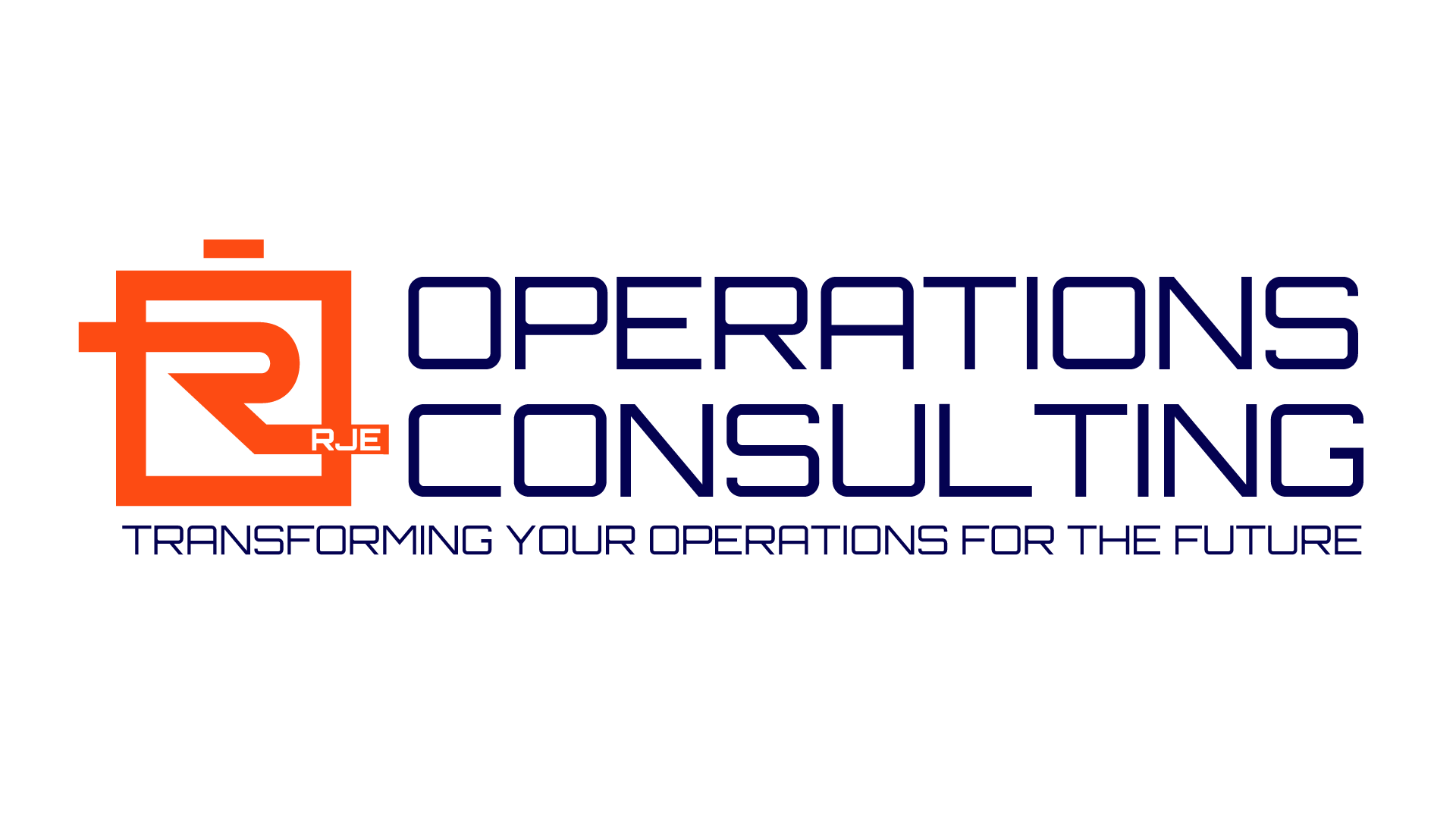Change management is an ongoing effort for most large organizations, but it can be a confusing concept to anyone who’s not involved in the activity. The purpose of the Change Management process is to control the lifecycle of all changes, enabling beneficial changes to be made with minimum disruption to operations, production or services therefore we need to be clear about the purpose of change management of the operations as well as being prepared for deviations.
Change management
The only constant is change, yet change is often uncomfortable and difficult to manage. Intrinsically, humans are resistant to change. When change management is not properly executed, your organizations’ culture can be greatly impacted.
A change can either be something small, like implementing a new operational reporting system, or something major, like merging two departments.
The size of operations, fluctuating risk levels, changing circumstances, and the ever-increasing complexity from regulators, customers and internal processes is causing a complete rethink on how business affairs are managed. The approach to managing “cause and effect”, by identifying one problem and solving it with one solution, is not sustainable in modern business. A whole holistic change management system needs to be created to ensure the desired goals are reachable and achievable.
Operational change management processes can be aimed at
Increasing return on project investment
Minimising disruption
Build employee morale
Clarify standard operating procedures aligned with the operational goals
Many times, we find organisations do not have the internal capacity to manage daily operations and implement new systems or change management actions. The solution is a project manager or project consultant that will be able to focus on the one aspect and relate that back to the daily operations.
How we can help
Help the company define its target operating model
Built a center of operational excellence
To reduce the complexity and cost
Improved operational efficiency
Improve procedural standards
The goal and purpose of the change management need to be communicated with the stakeholders. Everything related to the operational changes needs to be communicated to all the involved parties. Employees should also have the chance to contribute their views and voice their opinions. If you don’t involve all the parties, the change process may not be effectively implemented.
An operational change management program is always more effective when you implement it in different stages. Breaking down everything into smaller stages gives you the opportunity to review implementation aspects and control other aspects at the same time.
During this process, management needs to be prepared to keep your employees properly informed about how the change management program is progressing. It is better to keep every involved party updated about how certain results are being achieved through the operational change management, and how the change process would meet its objectives and the overall purpose.
No matter what goal your change management activities are trying to achieve, it’s important to keep the lines of communication open between operational managers and project managers.
In competitive and unstable economies, understanding operational change management has become extremely important and how to communicate the purpose and the value of this to the stakeholders is just as important. Always be prepared to communicate the reason for the change in operations to those affected by the new strategy.
